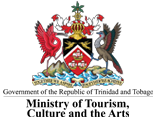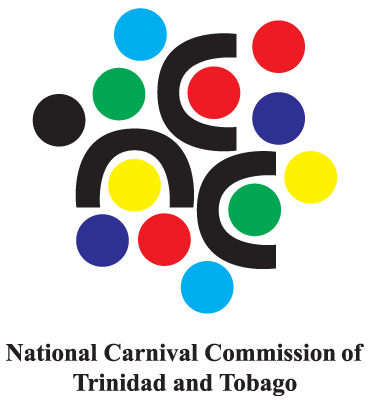Ebola Virus Disease Fact Sheet
 What is Ebola?
What is Ebola?
The Ebola Virus Disease is a severe haemorrhagic fever caused by the Ebola virus. In March 2014, the World Health Organization (WHO) confirmed outbreaks of Ebola in the West African countries of Guinea, Liberia and Sierra Leone.
On August 8th, 2014, WHO Director-General Margaret Chan declared this epidemic a Public Health Emergency of international concern.
As of October 12th, 2014, there has been limited spread of Ebola to Nigeria, Senegal, Spain and the United States of America (USA). 40% to 60% of infected persons have died in this Ebola outbreak.
|
How Does Ebola Spread?
|
What Are The Symptoms Of Ebola?
|
When will Symptoms Begin?
After you are infected with the Ebola virus, it may take up to 21 days before symptoms begin. A blood test only becomes positive after three (3) days of symptoms.
What Can You Do To Reduce The Risk Of Getting Ebola?
Avoid non-essential travel to Guinea, Liberia and Sierra Leone where Ebola is widespread.
If you must travel to a country with Ebola:
- Avoid all close contact with sick persons and corpses.
- Do not handle items that may have come into contact with an infected person’s bodily fluids.
- Wash hands often or use alcohol-based hand sanitizer.














